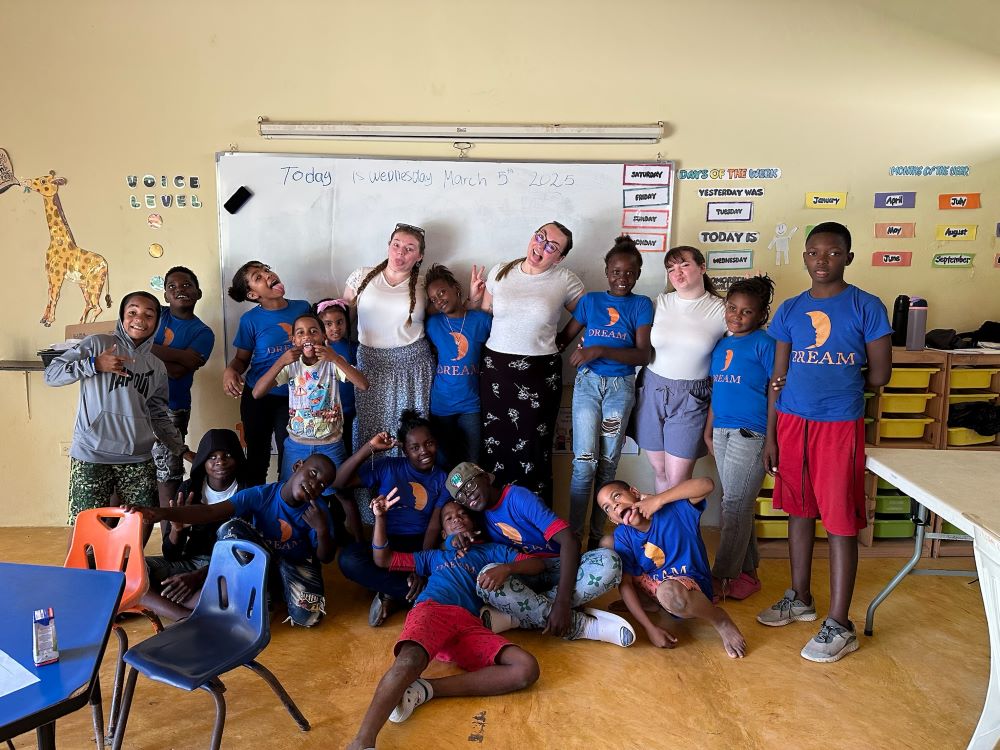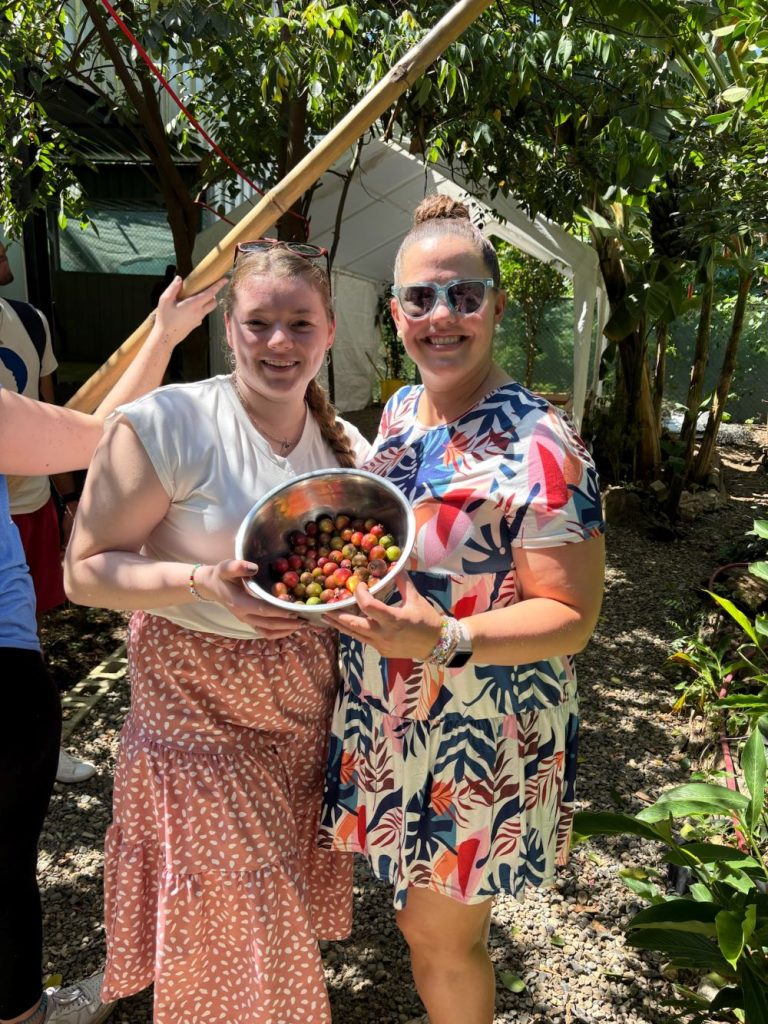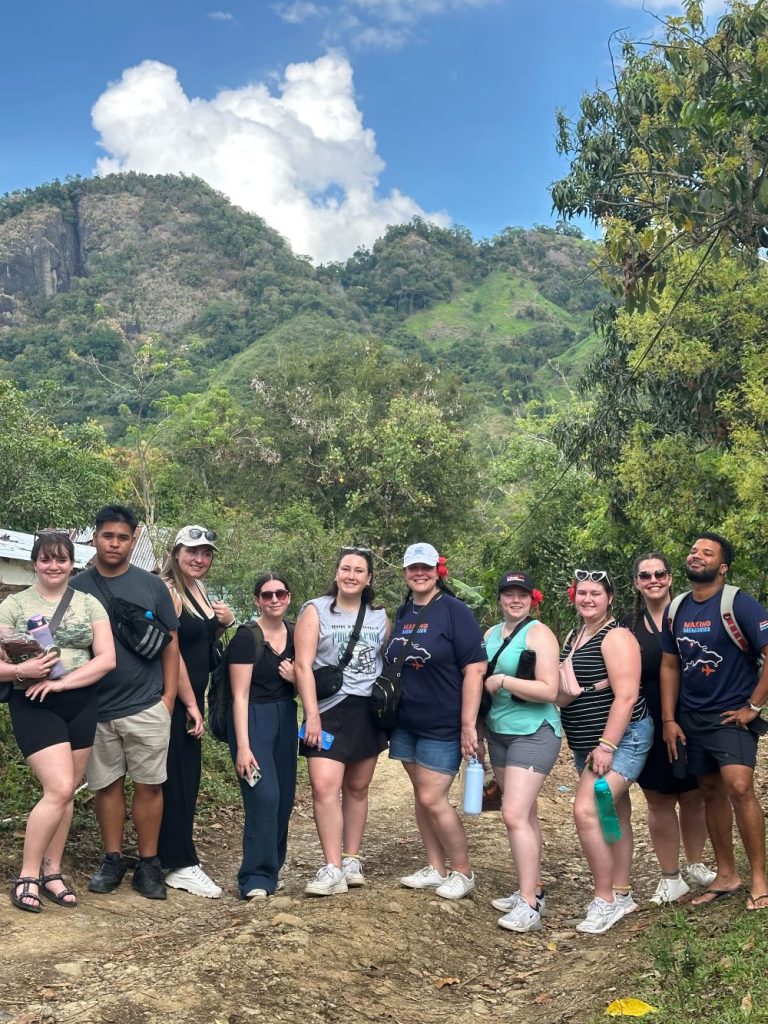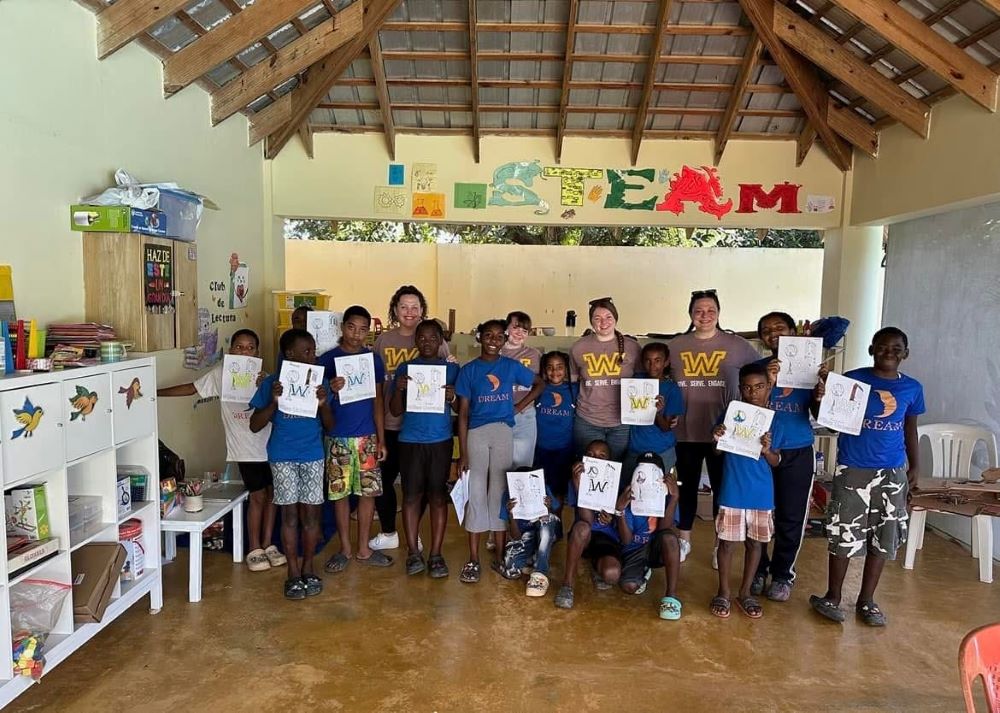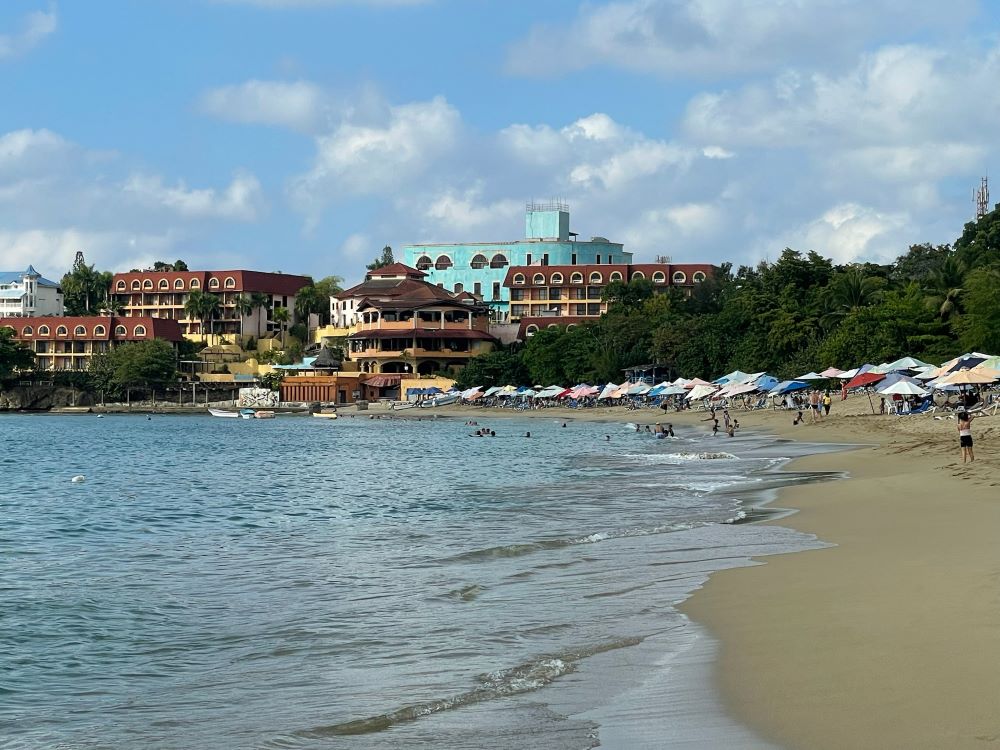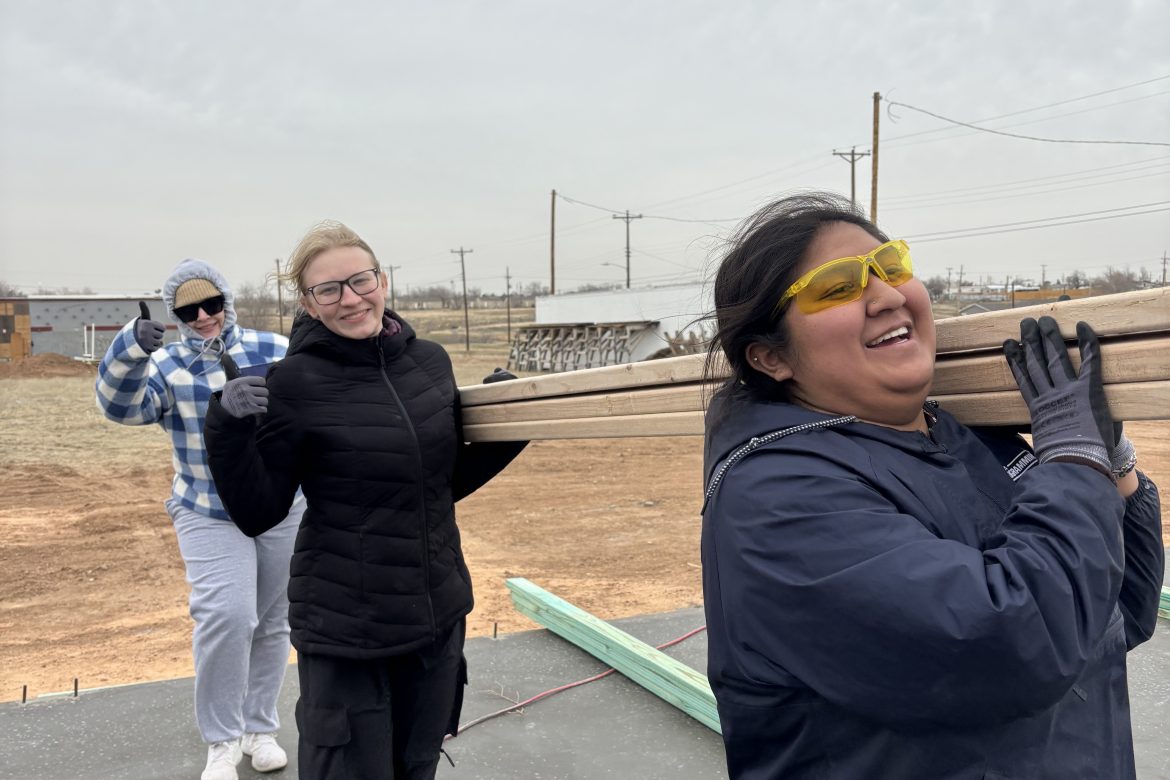Most spring breakers flock back to their hometowns, some find respite in seeking adventure abroad and others seek opportunities for service and growth as an individual.
In early March, Wilkes University’s alternative spring break program, part of the University’s office of civic engagement, hosted three separate trips to Amarillo, Texas, Washington, D.C. and the Dominican Republic. Students participated in these alternative break experiences alongside staff chaperones.
“Any travel is an opportunity for students to find out what’s happening beyond campus and find out their capabilities physically, mentally and socially,” says Catie Becker, director of civic engagement. “It’s a chance for students to get out of their comfort zone, push their own boundaries, travel and experience different cultures.”
Those who were interested had to apply, were interviewed and then carefully prepared for expectations, group dynamics and how to be engaged with the different cultures and organizations they would be collaborating with on projects and volunteer efforts.
Each trip presented its own unique activities, opportunities for exploration and services. Students from the Bonner Leader Program traveled to Washington, D.C., where they immersed themselves in cultural activities such as visiting museums while providing services to the community. These services included collaboration with Martha’s Table, Homes Not Borders and Ward 8 Conservancy. These non-profit organizations aid refugees, promote the natural beauty and enjoyment of public parks and provide resources for family and community support, education, and health and wellness.
In addition to the rewards of service and chance to travel, students also appreciated the lessons learned from forming bonds and lifelong friendships with each other through their shared experiences.
Thaelis Andujar, a first-year communication and media studies major and Bonner student from Yonkers, New York, summarized their D.C. experience, saying, “I learned about kinship, and how it isn’t always just the family you’re born into but also the family you grow into.”
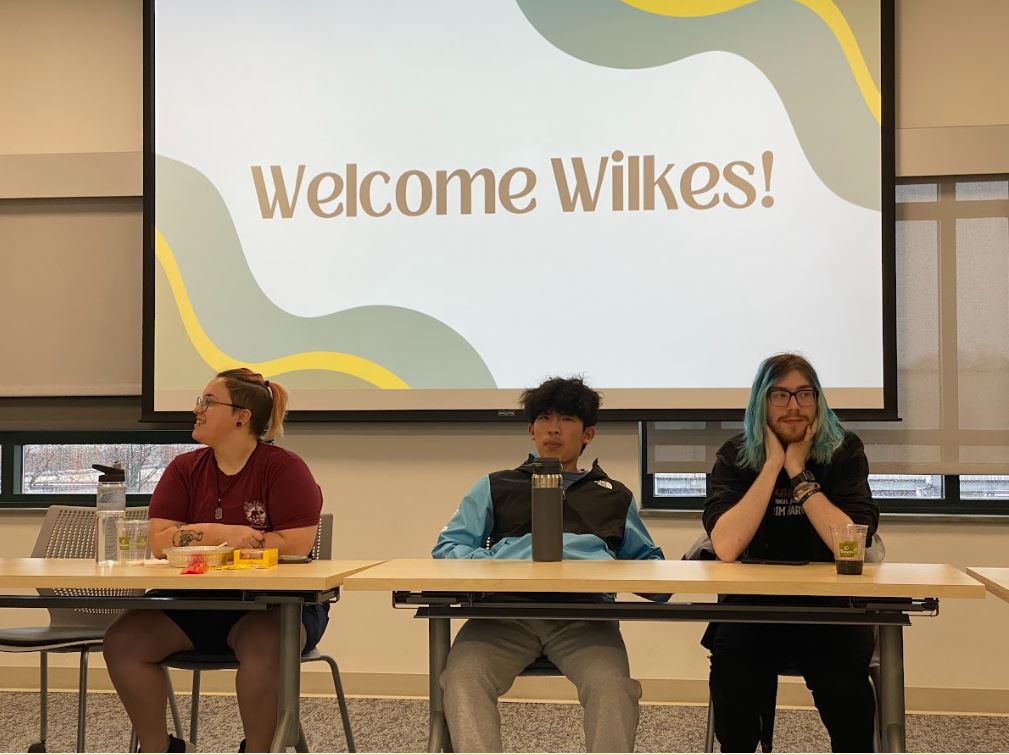
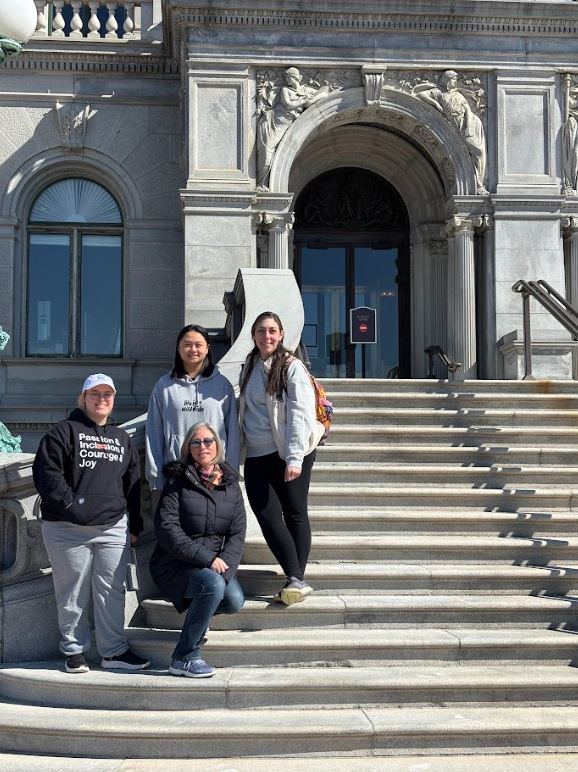
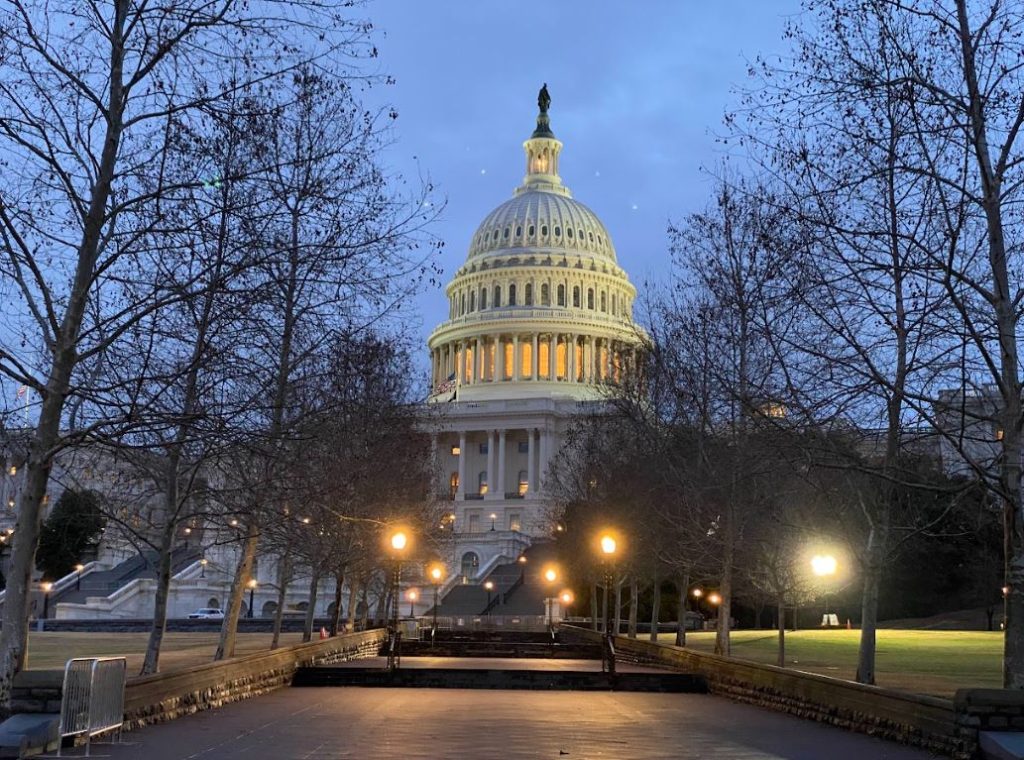



A double major in political science and communication and media studies, senior Edweana “E” Alexis, a native of the Poconos region in Pennsylvania, traveled to the panhandle in Amarillo, Texas.
“My overall experience was phenomenal. Seeing the work that we were doing in real-time is just so self-fulfilling and it made me never want to leave,” says Alexis. “Not only are these trips amazing, but you are helping the community and someone out there needs you.”
Despite the higher temperatures and its claim to being one of the windiest cities in America, the group rolled up their sleeves to help build homes, landscape and clean in partnership with Amarillo Habitat for Humanity and its ReStore initiative.
Outside of service, their free time was spent exploring and eating in the city, visiting Cross AA Ranch, a private ranch in Clarendon, Texas, and Palo Duro Canyon – the second largest canyon in the United States.
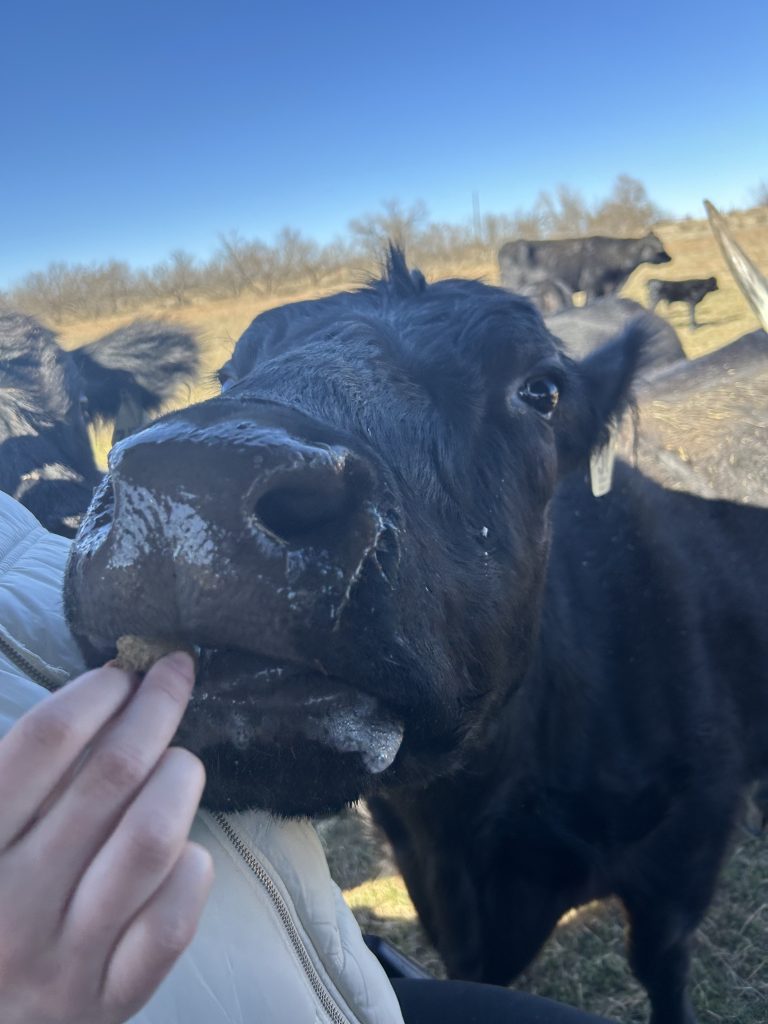
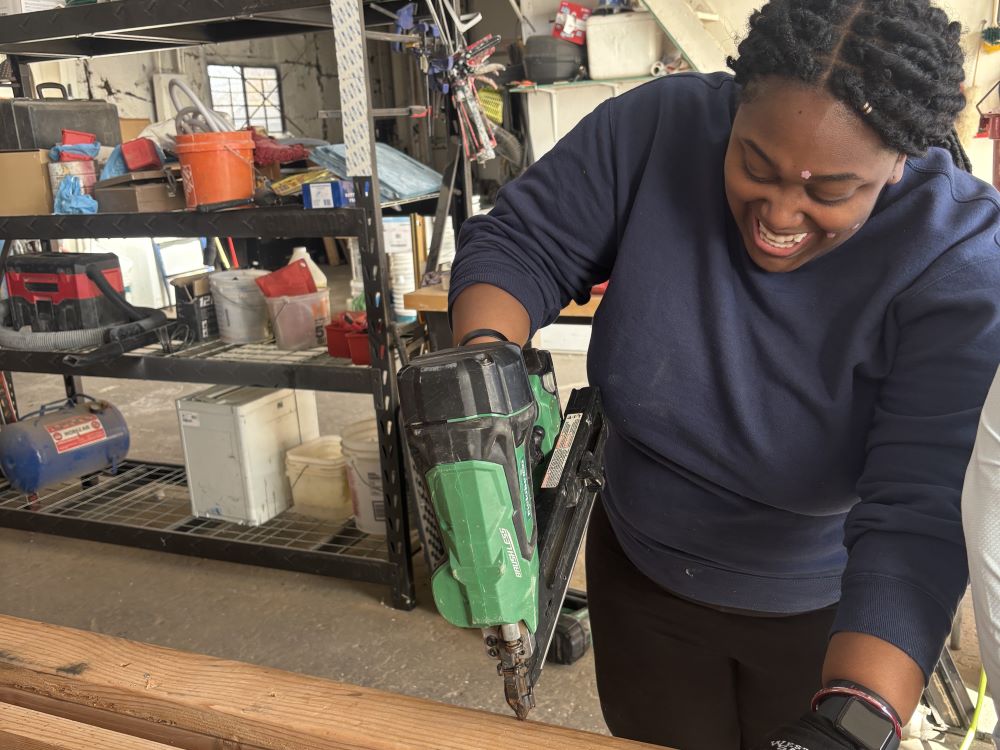
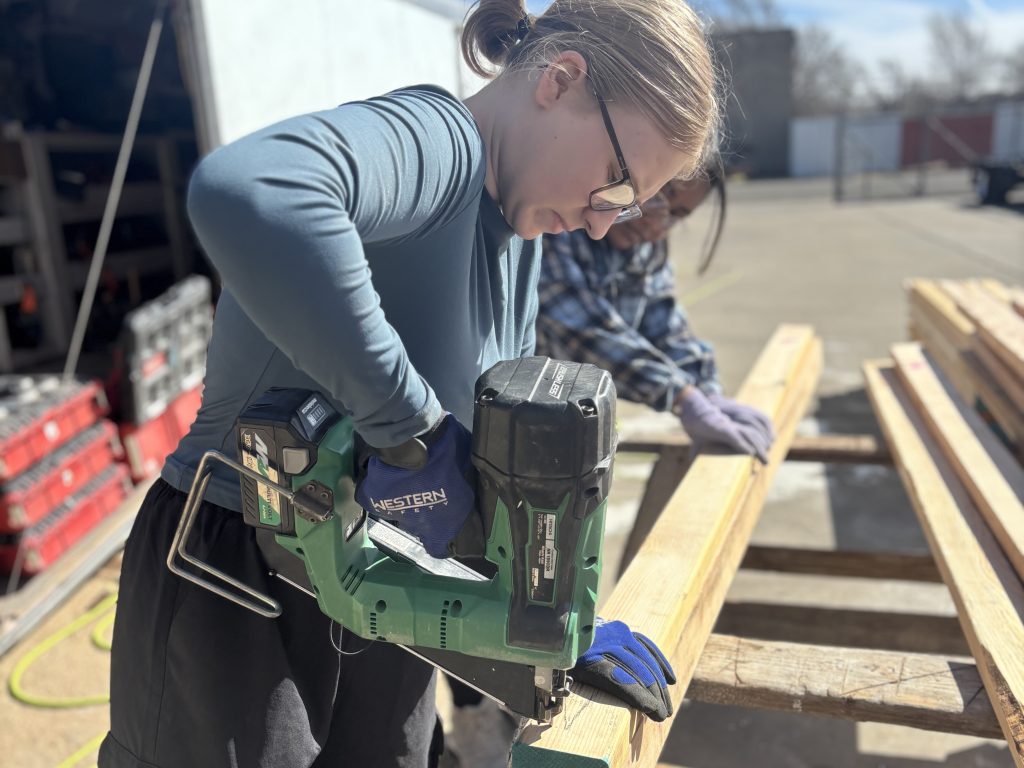
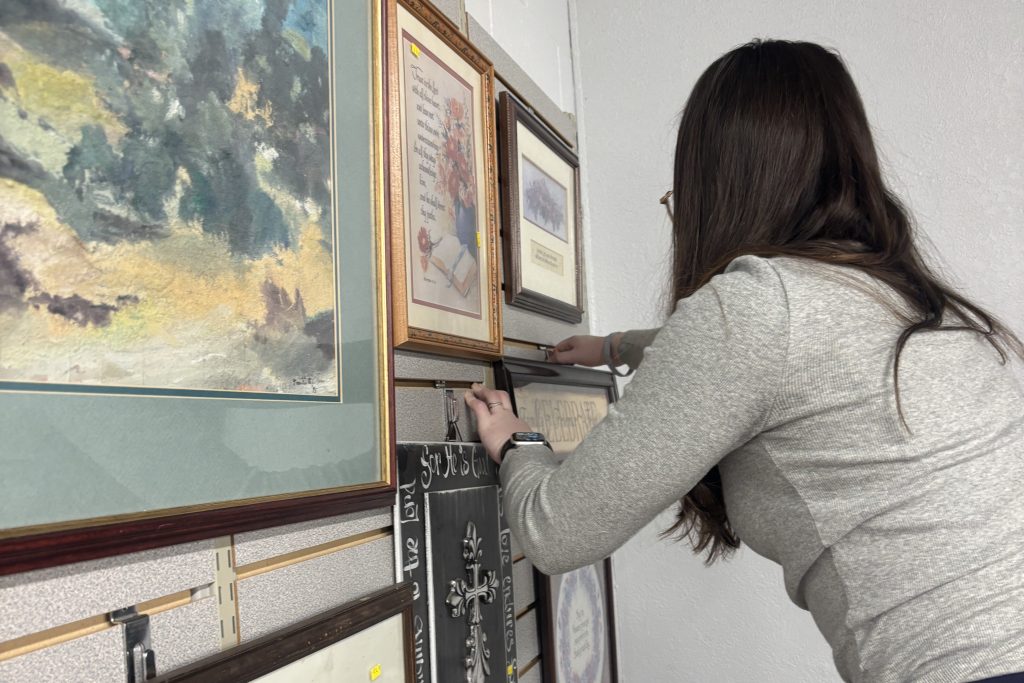
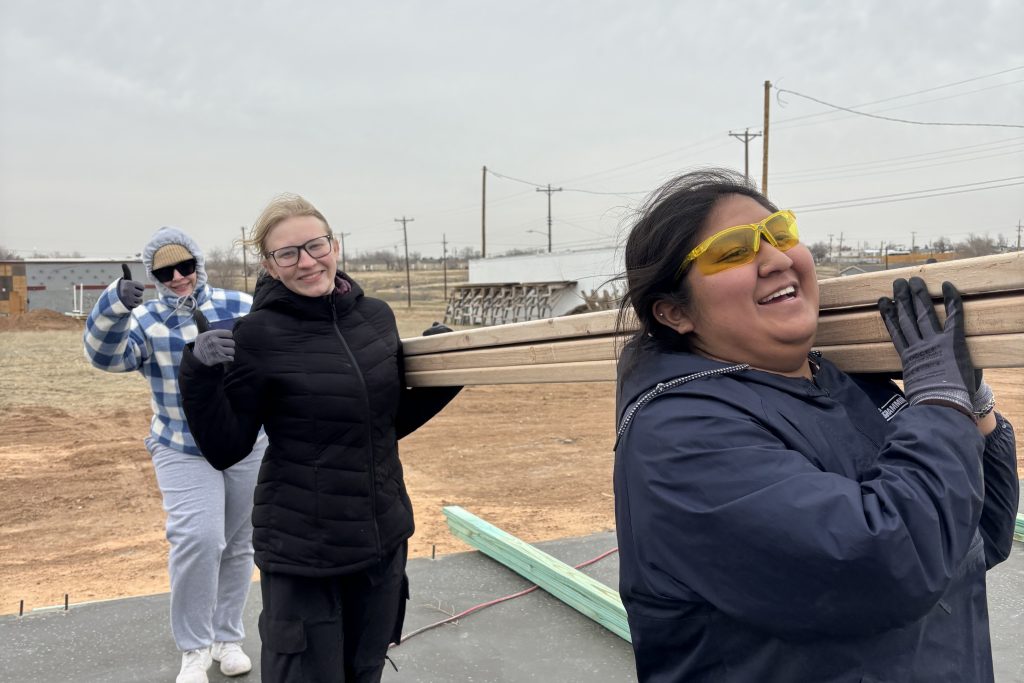
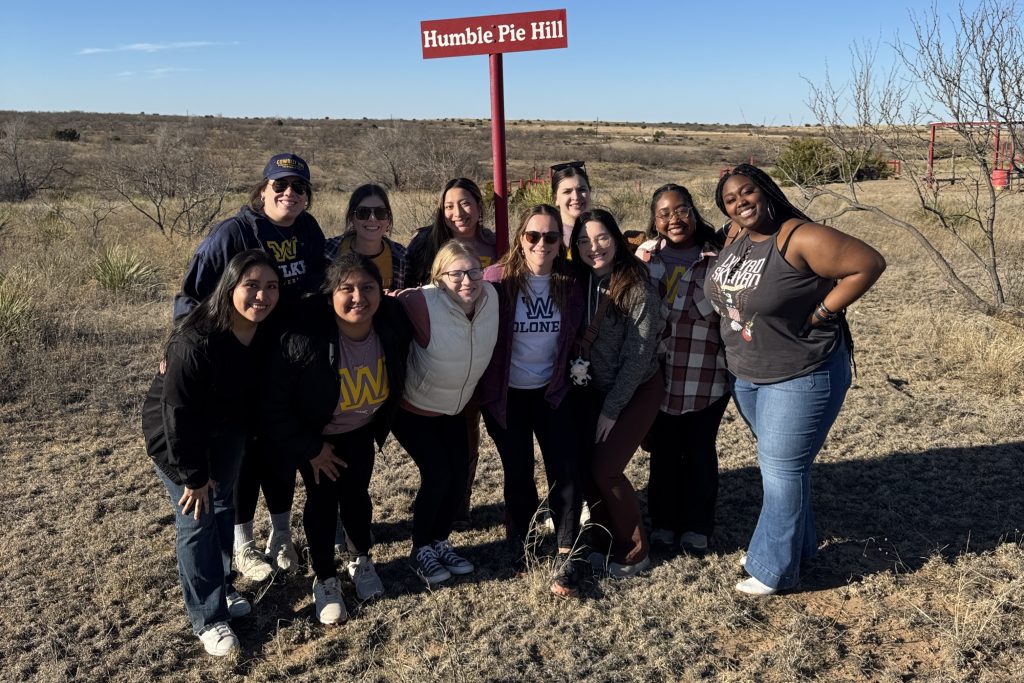
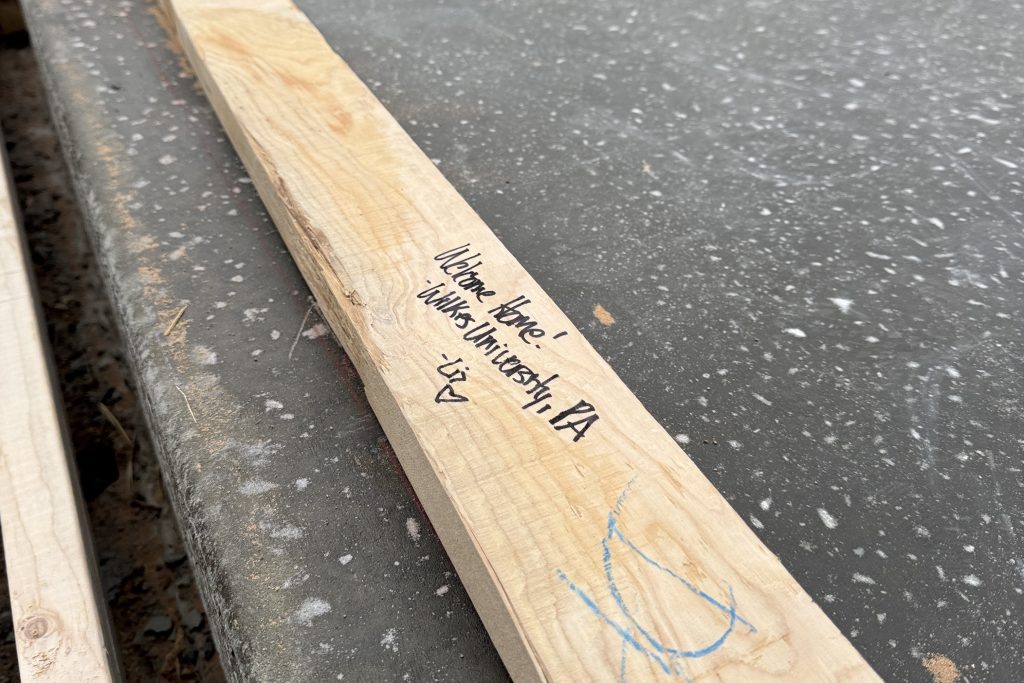
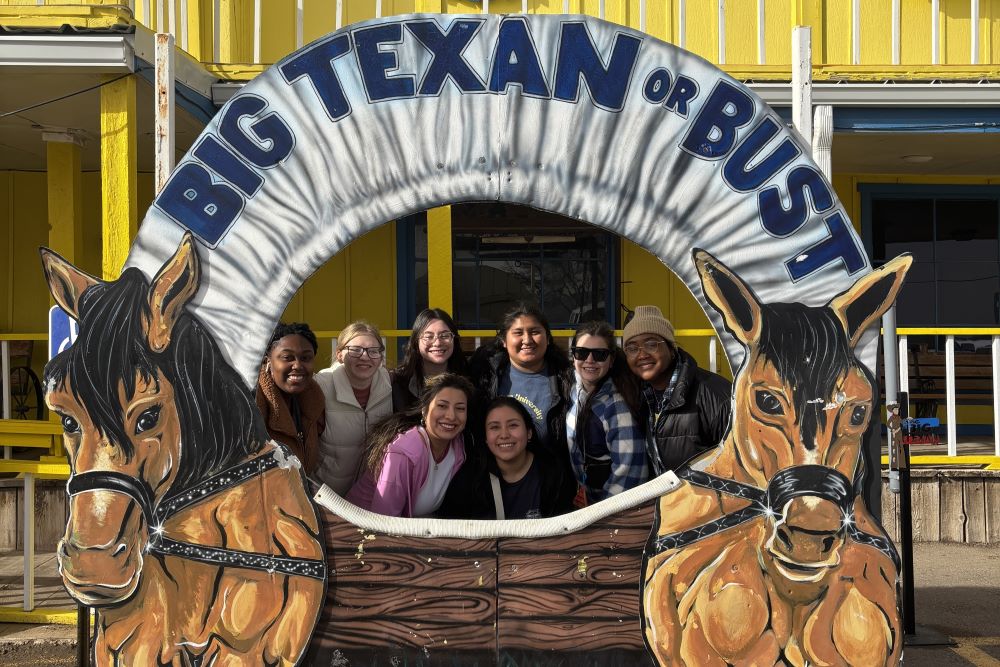

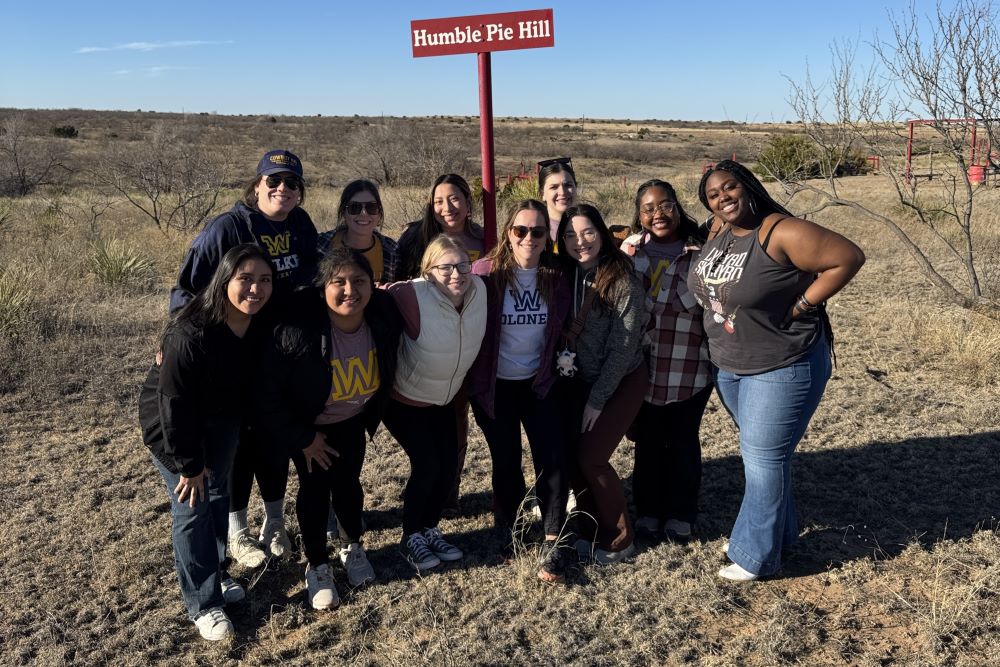
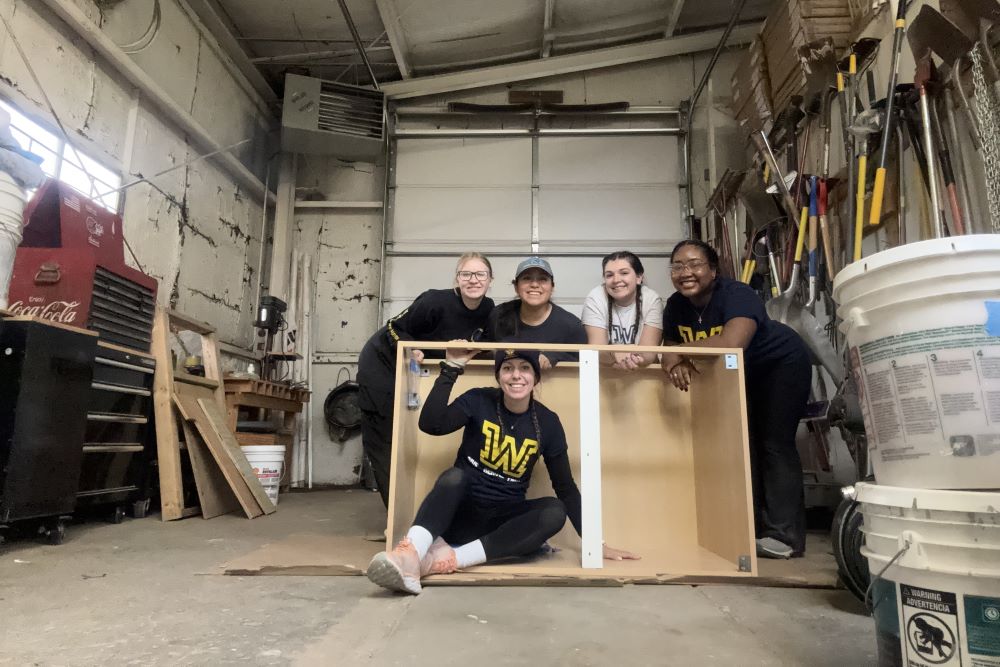
Journeying farther south, others traveled to Cabarete in the Dominican Republic. Megan Pitts, director of special events and engagement, was one of the chaperones for the trip to the Dominican Republic.
“This was my second time traveling to the Dominican Republic as a chaperone on an alternative spring break trip. Volunteering alongside our students is an experience that I will never forget. Watching them step out of their comfort zones, try new things, bond with each other and the community, was incredibly powerful,” says Pitts. “It reminded me that service isn’t just about what we offer — it’s about what we learn, how we change and the bonds we build along the way.”
In Cabarete, the group worked directly with the DREAM Project and InspireDR. The goal of the DREAM Project is to bring educational opportunities to families and children in the local community. InspireDR is specifically designed for young boys and provides after-school programs that teach life skills and values. Students worked closely with the youth in the community through service learning in STEAM (science, technology, engineering, arts and mathematics), sports and English.
From Milton, Pennsylvania, Makenzie Psarakis, a P3 pharmacy and MBA student with minors in Spanish and business administration, jumped at the chance to teach children.
“My favorite part of the trip was leading a STEM lesson on potential and kinetic energy that included building and decorating catapults out of popsicle sticks with the students. At the end of the lesson, we had a competition to see who could launch a cotton ball the furthest,” says Psarakis. “The students loved the activity, and I had so much fun doing it with them. This experience also challenged me to work on my Spanish and reflect on how I was delivering the information to the students.
When not providing service, the group was able to enjoy the beaches, dine with the community through home visits, learn the Dominican Republic’s traditions and history, explore caves and national parks and tour a cacao farm.
After each trip, attendees, chaperones, and organizers reflect and provide feedback.
“I would recommend ASB [alternative spring break] to anyone looking to give back and connect with others while also challenging yourself to grow,” says Psarakis. “Service is an extremely rewarding experience, but it’s not always easy. It may be your first time out of the country, on a plane, experiencing another culture firsthand or teaching in a classroom, and new experiences can sometimes feel uncomfortable. However, there’s no growth in the comfort zone and no comfort in the growth zone.”
The hope for Becker is to see the alternative spring break program continue to grow and flourish. Not only to have more students engage and participate, but to continue expanding the University’s reach and impacting the world with our values to service and community and our mission and vision to provide students with transformative educational experiences.
